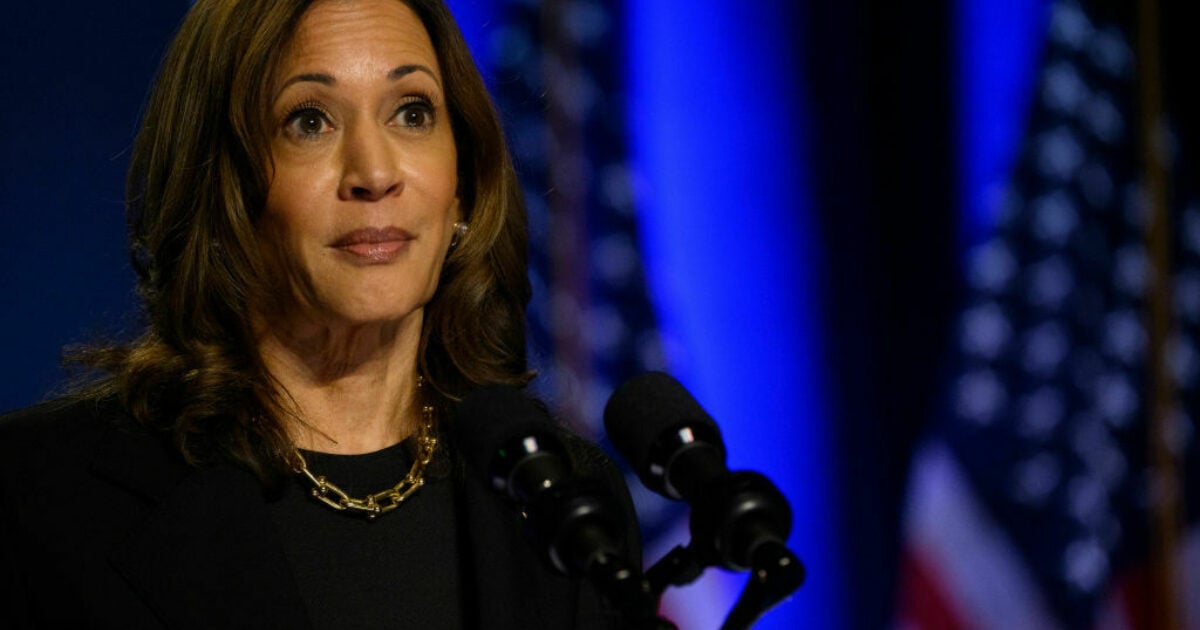Key Takeaways:
- Kamala Harris’s underdog narrative: Harris frames her campaign as an underdog, despite polling better than Biden did before dropping out.
- Close race dynamics: The election is tight, especially in swing states, with Harris underperforming in key demographics compared to Biden’s 2020 performance.
- Trump’s flaws: Harris critiques Trump for his presidency’s economic policies, handling of the pandemic, and attacks on immigrant communities.
- Voter demographics: Harris struggles with voters of color, young voters, seniors, and union workers; Trump has significant working-class support.
- Arab American voters: Support for Harris has declined due to her stance on Gaza and unconditional support for Israel, leading to a potential loss of Arab American voters, especially in Michigan.
- Policy shifts needed: The article argues Harris should adjust her stance on Gaza, support a ceasefire, and condition U.S. arms to Israel, which could sway Arab American voters.
- Economic populism: Harris is encouraged to focus on class-warfare rhetoric and pro-working class policies, such as a $15 minimum wage, capping drug costs, and expanding Social Security, to win over lower-income voters.
- Youth voter engagement: There’s concern about low youth voter turnout and lack of outreach to young people of color, which could affect the election outcome.
- Final campaign stretch: Harris is urged to take bold steps on economic issues and appeal to working-class voters, similar to Biden’s approach in 2020, to secure victory in key states.


You’re not one for self awareness or rational discourse, are you? Comment thread summary up to this point:
Them: Initial claim
You: Deflection - responds with counter-argument instead of addressing original claim
Them: Objection to textbook deflection
You: Claim - their objection to your deflection is the real deflection
This is what happens when you learn to argue from television.